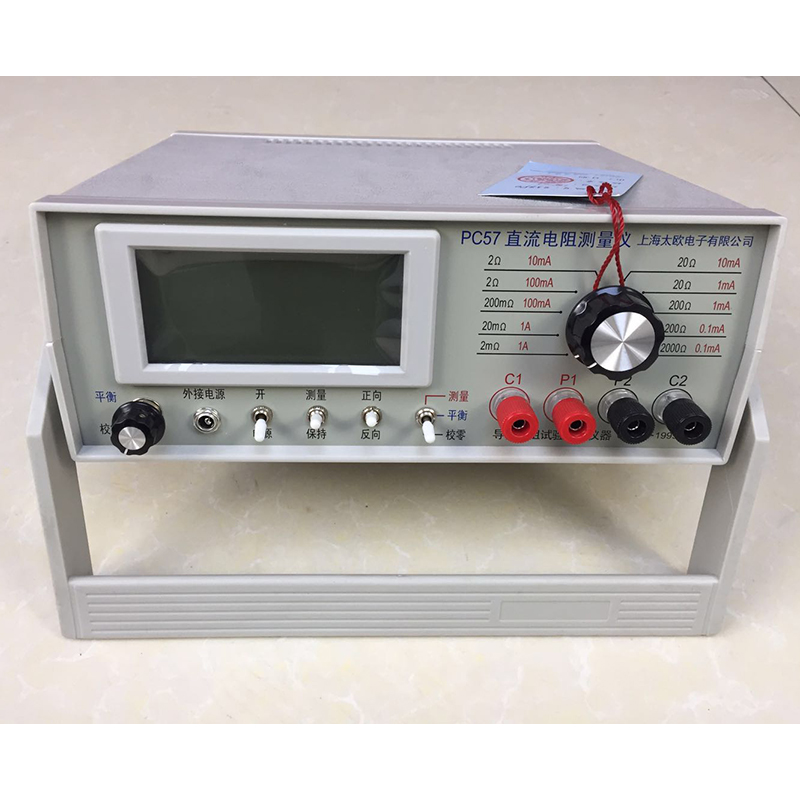Manufacturer of Flexible Cable Flexing Test Equipment for Quality Assurance Testing
Understanding the Importance of Flexible Cable Flexing Testers A Guide for Manufacturers
In today's technologically advanced world, where the demand for reliable and long-lasting electrical components is at an all-time high, flexible cable flexing testers have become an essential tool for manufacturers. These devices are crucial in testing the durability and performance of cables that are frequently flexed or bent during their lifecycle. Understanding their importance, functionality, and the role they play in quality assurance can be beneficial for manufacturers aiming to deliver high-quality products.
What is a Flexible Cable Flexing Tester?
A flexible cable flexing tester is a specialized apparatus designed to simulate the mechanical stresses that cables endure under normal operating conditions. The primary purpose of the tester is to assess the reliability and endurance of flexible cables by subjecting them to repeated bending and flexing motions. This process helps to identify potential failure points, ensuring that the cables can withstand the rigorous demands of everyday use.
Typically, these testers come equipped with features that allow for adjustable bending angles, speed of motion, and the number of cycles to which the cable is exposed. By replicating real-world conditions, manufacturers can gather essential data about the performance of their products.
The Importance of Testing Flexible Cables
1. Quality Assurance The primary reason for utilizing flexing testers is to ensure that the cables meet industry standards for quality and performance. By conducting thorough testing, manufacturers can identify defects early in the production process, thereby reducing the risk of recalls and warranty claims.
2. Safety Flexible cables are used in a wide variety of applications, from household appliances to industrial machinery. Ensuring their durability through rigorous testing helps prevent failures that could lead to electrical hazards or equipment malfunctions, protecting both consumers and workers.
3. Regulatory Compliance Many industries are subject to strict regulations regarding the performance and safety of electrical components. Using a flexible cable flexing tester can help manufacturers comply with these regulations, demonstrating their commitment to producing safe and reliable products.
4. Performance Optimization Testing allows manufacturers not only to identify weaknesses but also to improve their designs. By experimenting with different materials and configurations during the testing phase, they can optimize the performance and longevity of their cables.
How Do Flexible Cable Flexing Testers Work?
flexible cable flexing tester manufacturer

The operation of a flexible cable flexing tester revolves around simulating the bending motions that cables will experience in real-life scenarios. Operators typically set specific parameters such as the number of flex cycles, bending radius, and speed to create a controlled testing environment.
Once the parameters are established, the cable is securely attached to the tester, and the machine begins to flex the cable according to the predetermined settings. After the required number of cycles, the cable is examined for any signs of wear, breakage, or other failures. The results provide valuable insight into the cable's performance, allowing manufacturers to make informed decisions regarding their products.
Selecting the Right Manufacturer
When looking for a flexible cable flexing tester, manufacturers should consider the following factors
- Reputation Choose a manufacturer known for producing high-quality testing equipment. Reviews and testimonials from other businesses can provide insight into their reliability and performance.
- Customization Options Different applications may require different testing parameters. Select a supplier that offers flexibility in their products, allowing for customization to meet specific testing needs.
- Customer Support A reliable manufacturer should offer excellent customer service, including easy access to technical support and maintenance services.
- Compliance and Certification Ensure that the testing equipment meets the necessary industry standards and certifications, which can greatly influence the credibility of the testing process.
Conclusion
Flexible cable flexing testers are indispensable tools for manufacturers looking to ensure the quality and durability of their products. By investing in a reliable testing solution, manufacturers can enhance their credibility, comply with regulations, and ultimately deliver safer and more reliable electrical components. Understanding the significance of these testers allows businesses to prioritize quality assurance in their production processes, leading to long-term success and customer satisfaction.
-
Why the Conductor Resistance Constant Temperature Measurement Machine Redefines Precision
NewsJun.20,2025
-
Reliable Testing Starts Here: Why the High Insulation Resistance Measuring Instrument Is a Must-Have
NewsJun.20,2025
-
Flexible Cable Flexing Test Equipment: The Precision Standard for Cable Durability and Performance Testing
NewsJun.20,2025
-
Digital Measurement Projector: Precision Visualization for Modern Manufacturing
NewsJun.20,2025
-
Computer Control Electronic Tensile Tester: Precision and Power for the Modern Metal Industry
NewsJun.20,2025
-
Cable Spark Tester: Your Ultimate Insulation Assurance for Wire and Cable Testing
NewsJun.20,2025
 Copyright © 2025 Hebei Fangyuan Instrument & Equipment Co.,Ltd. All Rights Reserved. Sitemap | Privacy Policy
Copyright © 2025 Hebei Fangyuan Instrument & Equipment Co.,Ltd. All Rights Reserved. Sitemap | Privacy Policy
